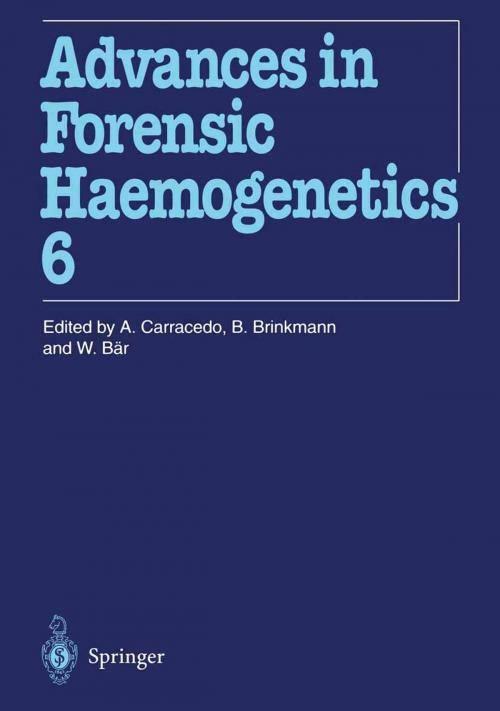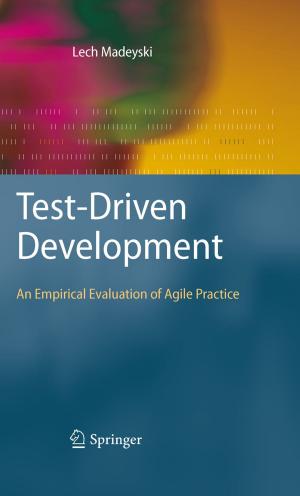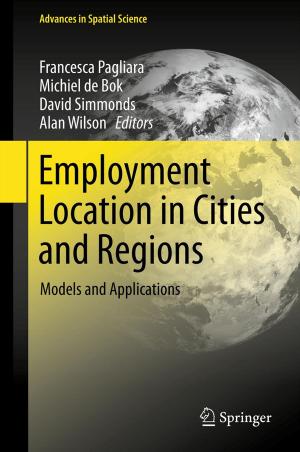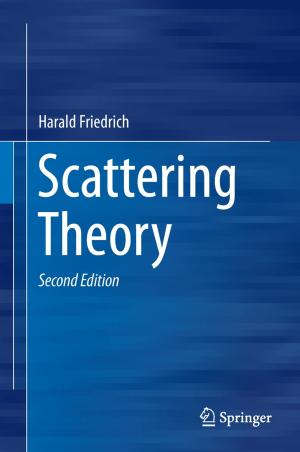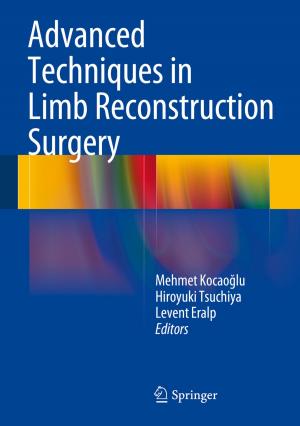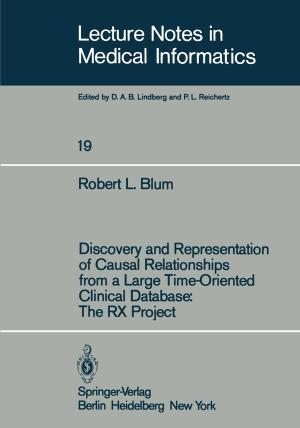16th Congress of the International Society for Forensic Haemogenetics (Internationale Gesellschaft für forensische Hämogenetik e.V.), Santiago de Compostela, 12–16 September 1995
Nonfiction, Health & Well Being, Medical, Specialties, Internal Medicine, Hematology, Forensic Medicine| Author: | ISBN: | 9783642800290 | |
| Publisher: | Springer Berlin Heidelberg | Publication: | December 6, 2012 |
| Imprint: | Springer | Language: | English |
| Author: | |
| ISBN: | 9783642800290 |
| Publisher: | Springer Berlin Heidelberg |
| Publication: | December 6, 2012 |
| Imprint: | Springer |
| Language: | English |
The 6th volume of "Advances in Forensic Haemogenetics" comprises the scientific contributions to the 16th Congress of the International Society for Forensic Haemogenetics ISFH held on Sept., 12-16, 1995 at Santiago de Compostela, Spain. The numerous papers mainly deal with the applicability of DNA technology to forensic questions. The invited speakers approached important topics such as variation of mitochondrial DNA in ancient and modern humans, the "STR approach" to solve forensic questions, the statistical analysis of STR data, automation of DNA analysis, long PCR and its applications, national DNA databases and ethical and legal aspects of DNA analysis. It has become obvious that PCR based polymorphic systems clearly dominate the scene of forensic DNA analysis worldwide. It will however be necessary to make efforts to standardize the still increasing number of systems with regard to nomenclature to achieve a universal comparability of results. Legal systems differ from country to country which has to be taken into account when reporting DNA results. There is still controversy about the way DNA results are to be presented in court-rooms. We should make efforts to assess the value of DNA evidence by a common scientifc statistical approach that is comprehensive enough to treat all possible hypotheses such as involved relatives, different ethnics and/or the not so rare situations with mixed stains.
The 6th volume of "Advances in Forensic Haemogenetics" comprises the scientific contributions to the 16th Congress of the International Society for Forensic Haemogenetics ISFH held on Sept., 12-16, 1995 at Santiago de Compostela, Spain. The numerous papers mainly deal with the applicability of DNA technology to forensic questions. The invited speakers approached important topics such as variation of mitochondrial DNA in ancient and modern humans, the "STR approach" to solve forensic questions, the statistical analysis of STR data, automation of DNA analysis, long PCR and its applications, national DNA databases and ethical and legal aspects of DNA analysis. It has become obvious that PCR based polymorphic systems clearly dominate the scene of forensic DNA analysis worldwide. It will however be necessary to make efforts to standardize the still increasing number of systems with regard to nomenclature to achieve a universal comparability of results. Legal systems differ from country to country which has to be taken into account when reporting DNA results. There is still controversy about the way DNA results are to be presented in court-rooms. We should make efforts to assess the value of DNA evidence by a common scientifc statistical approach that is comprehensive enough to treat all possible hypotheses such as involved relatives, different ethnics and/or the not so rare situations with mixed stains.
